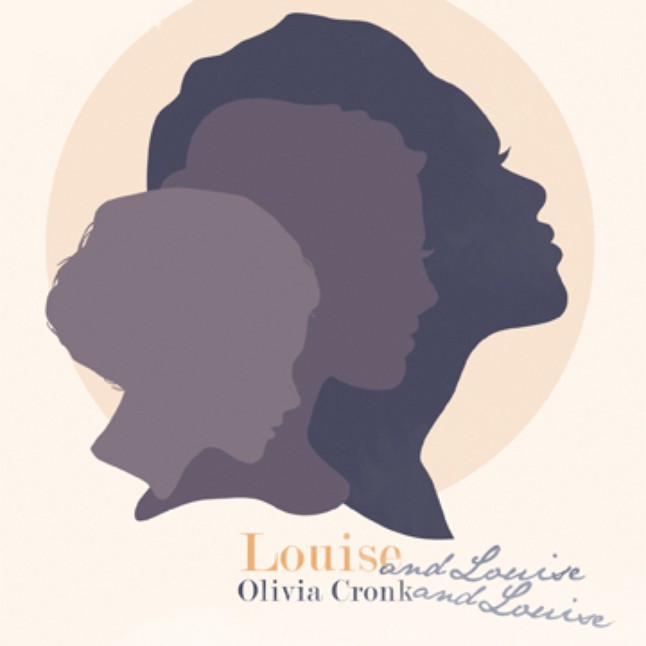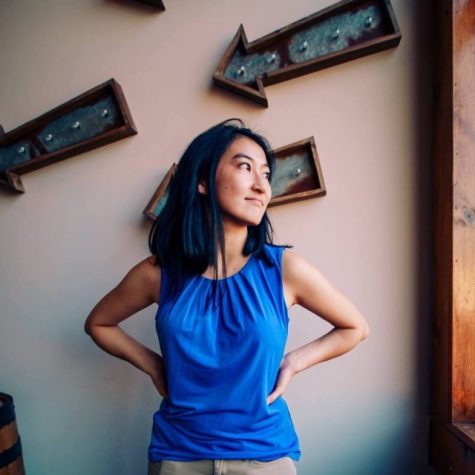NEIU instructor releases new poetry book
October 26, 2016
On Oct. 4 NEIU’s literary journal SEEDS hosted a poetry reading in celebration of the publication and release of “Louise and Louise and Louise” by NEIU English instructor Olivia Cronk. Named for her daughter, “Louise and Louise and Louise” is Cronk’s second published book of poetry. It was released in August by The Lettered Streets Press.
The new book is a shift from her first publication and from a more conventional style of poetry. In the new book, Cronk engages in exploration of genres, hybrid forms and lyric poetry. In part, the genre-shifting she employs in creating the new collection of poems is inspired by the life-changing phases of childbirth and childrearing.
In “Louise and Louise and Louise,” Cronk works primarily with “pulp” genres such as fantasy, science fiction and horror. Her poems indulge in visual and aesthetic pleasures such as fashion — she especially loves detailing materials, colors, and period styles — and in tokens of nostalgic childhood.
“Middle Mars” was one of the poems Cronk shared with her audience that plays with the fantasy genre. It also relates a narrative of childhood in suburbia through the perspective of an invented character named Jeanie. One activity the characters engage in, trading paperback books, is a memory Cronk has of her father, who passed away.
“Taupe House” utilizes elements of science fiction and horror inspired by Cronk’s pregnancy anxiety around the almost alien changes her life was undergoing. For example, a “sage entity” in her poetry is reminiscent of attending birthing class, midwives, and the various pre-birth parenting advice she received.
“This [pregnancy] is not possible,” Cronk said. “I found it very disturbing, as exciting as it was.”
Cronk’s work consistently deals with matters of her life, making the poetry deeply personal. She is interested in surveillance, self-interrogation, and in possession of a personal “gaze” such as an examination of one’s own privilege. On writing poetry, Cronk no longer thinks so much about single, isolated poems so much as bigger projects and goals.








